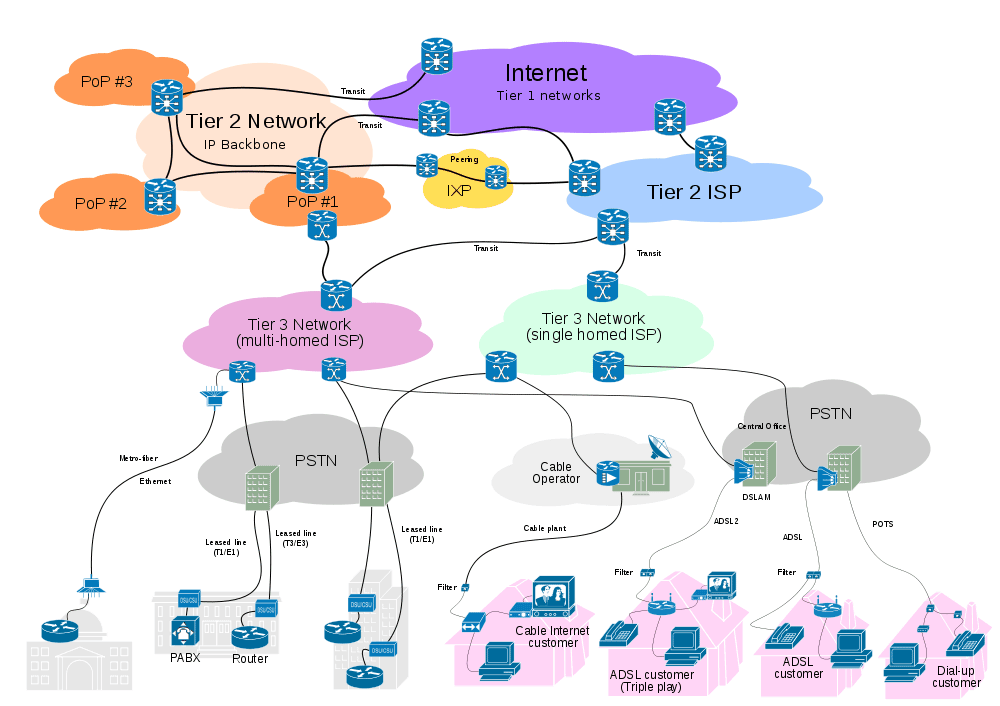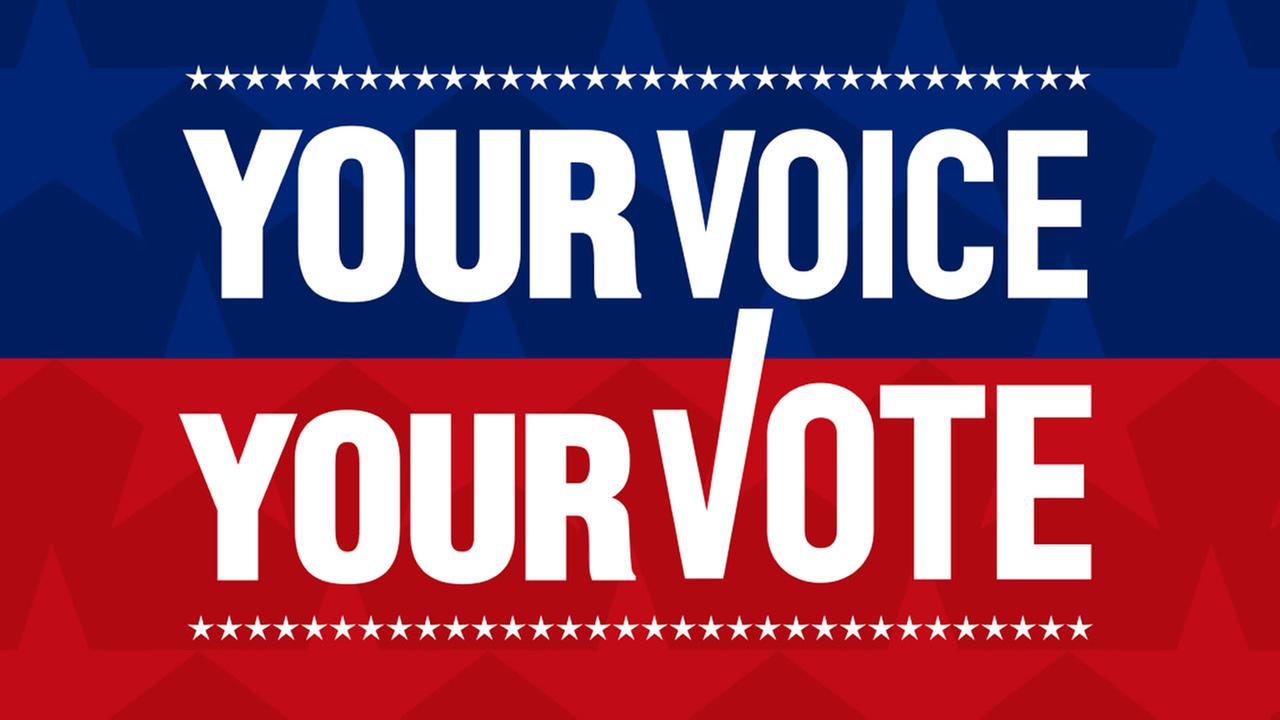 |
| Source: kingofwallpapers |
This class helped me find a lot of value in social media platforms and the tools they bring to the table. I had never appreciated hashtags like I do now. I used to see them as a "key word" to solidify the content being discussed, but now I see that they're interchangeable and have a designated function. They are used for online collaboration, spreadability, marketing, and to connect individuals with a common interest by sharing a specific hashtag.
One particular section of the class that I enjoyed a lot was Unit 1 and the project my group did on it. As I share on my post about it, the project really covered the online collaboration aspect of the class and the huge impact that it can have on the spreadability and reactions on an event. The Cincinnati Zoo usually does not get any media attention, as do parks such as Disney. With sites like Reddit, Twitter, among others, online users were able to see various sides of the circumstances. It is such a controversial subject of what decision and "player" was right or wrong, and I believe that itself was what kept the talk going on for so long. Additionally, I love that users also use Memes as a sort of social outlet to relieve tensions. When millions of individuals are talking and fighting about this, lawsuits are being charged, and other negative strains are being pulled, it's fun to have that humorous twist to a situation. It's interesting to see that regardless of people's background, age, race, culture, and other demographics, people are still able to share that kind of humor.
Another post that I enjoyed writing about was Steve Jobs and tweaking. This subject helped me view what is seen as an issue in a positive way. With all the copyright and plagiarism laws, it's good to see the use of others' mistakes and prior inventions in a progressive way. Tweaking is what promotes growth and innovation, and that's what Jobs did!
The last post on my blog that I would like to talk about is the one regarding the Elections. I went particularly in-depth for this post just because this subject was so prevalent in our society for most of the semester. Additionally, it came up in so many of our social media news in class that I thought it was only fair to incorporate in my blog. In this post, I do not focus on one side or the other, instead I focus on the online collaboration and campaigning. I truly think social networking among individuals played a significant role in deviating people from one candidate to another. Additionally, a lot of the news sources affiliated with the parties showed bias against the opposing party. Not just that, but the campaigns used tweets and social platforms to bash on the other party. I noticed that this campaign was mostly about criticizing the other candidate for their personal actions, and not focusing on the political propositions of themselves or the other.
 |
| Source: Georgi Tech News |
Some blogs that stood out to me include Noelle's How Smart is a Smart Phone? Post. She talks about a problem that is arising with smartphones, that with so much connection and mobile interactions, humans are beginning to disconnect from the real world. They are so focused on digitally documenting everything that they are not personally absorbing what is around them. This is a topic that I have been concerned about since before this class and an issue that is very clearly evident. Another post that was of particular interest to me was Madi's #FinishIt Post. She talks about this campaign in order to reduce smoking. In her post she discusses her group's techniques for better effectiveness and how they used humor and softer language to ease the mood. One last post I enjoyed was Nick's Social Media "Friends" Post. He explores the pros and cons of social networks and how they can have an impact on us in different ways. It's interesting to see how these platforms can desolate you from that in-person, face-to-face experience, but at the same time keep you connected to friends you would not see otherwise. It depends on the specific relationship with the person whether it's beneficial or harmful, but Nick has some great insights in this post!
Overall, this class was a very new experience and the blogging aspect of it was very fun. I have never been one to share my thoughts online, much less have my personal blog. I feel that it really helped me organize my thoughts and deepen my thoughts regarding what we discuss in class. I would love to have this kind of project in my future classes and hope ESOC 211 continues to do so.
 |
| Source: lucidica |
















